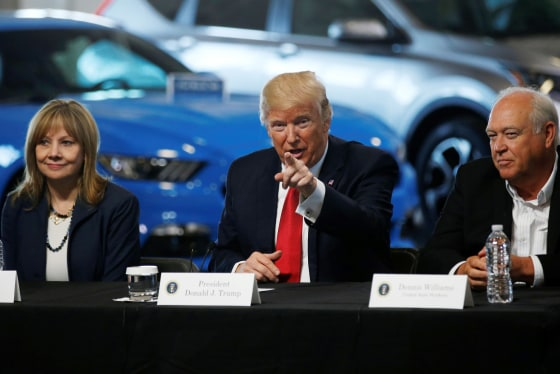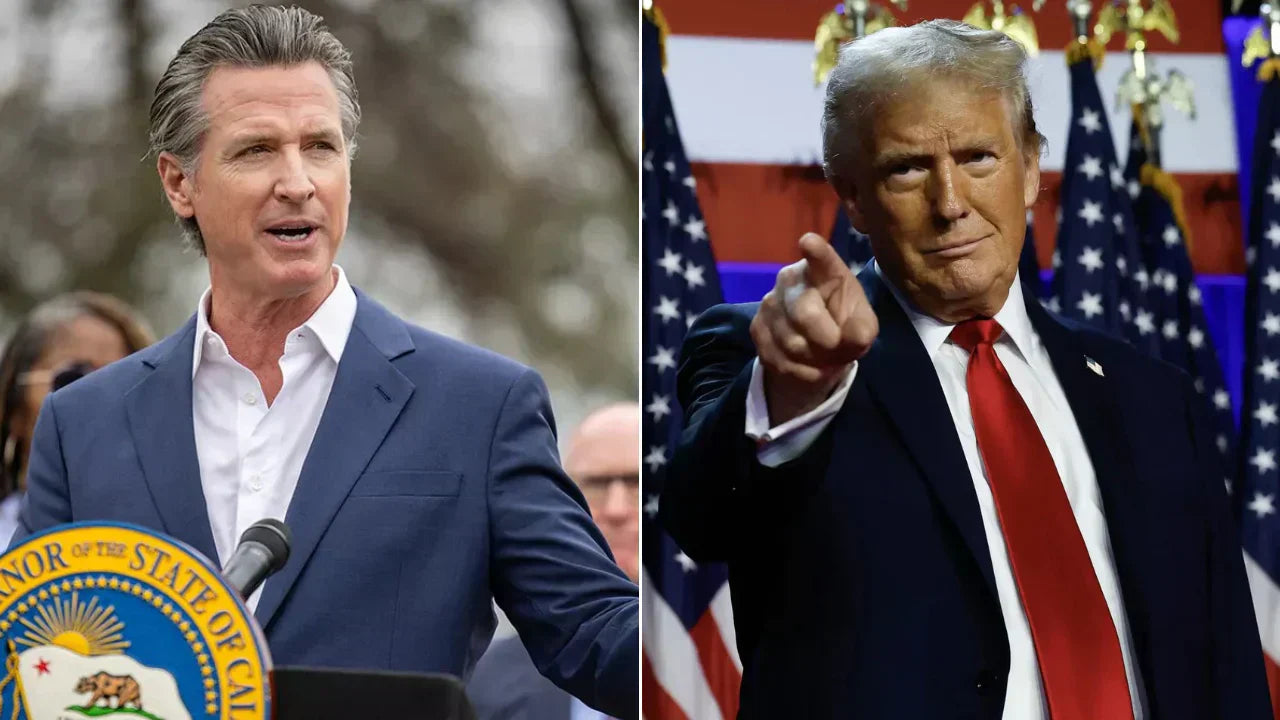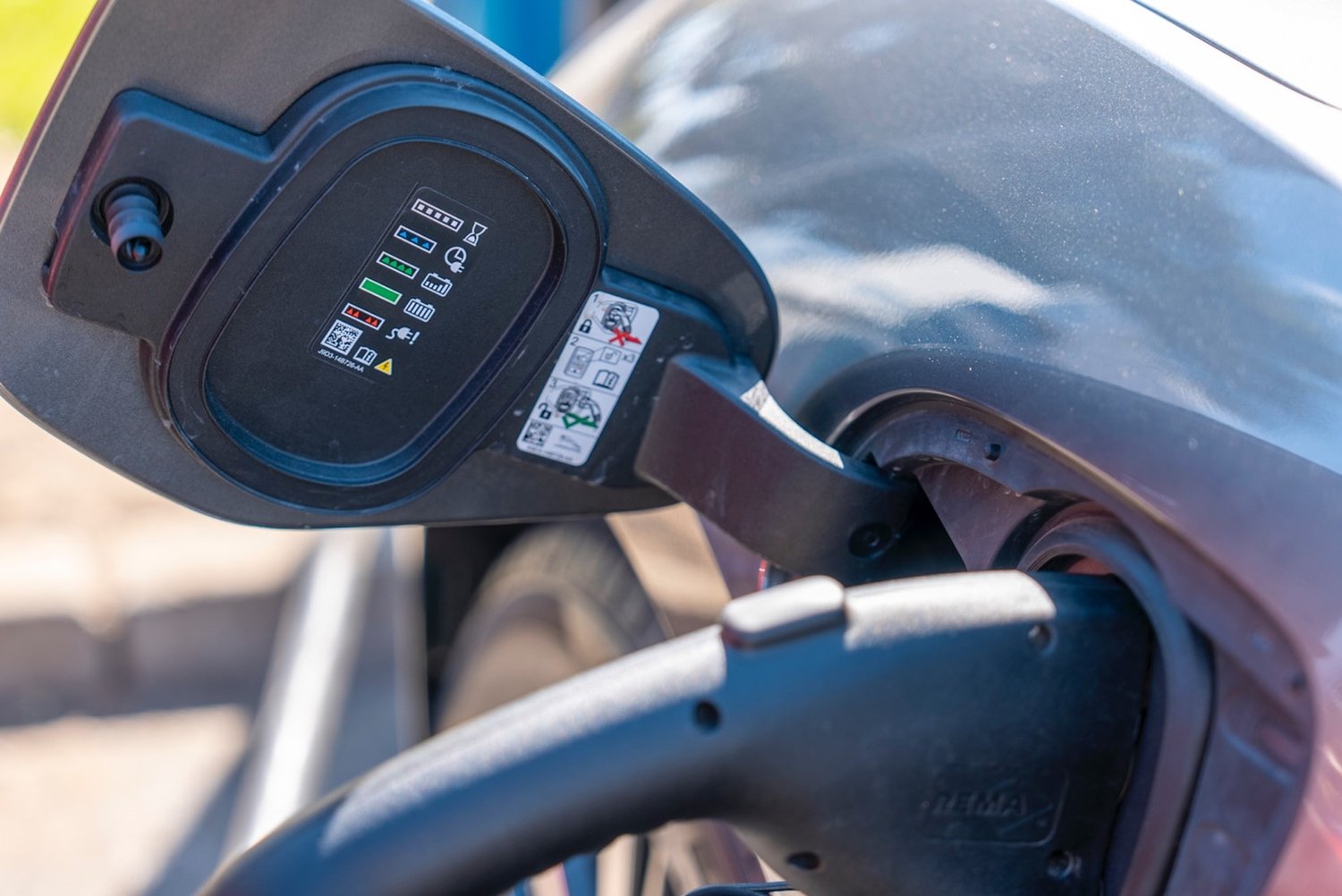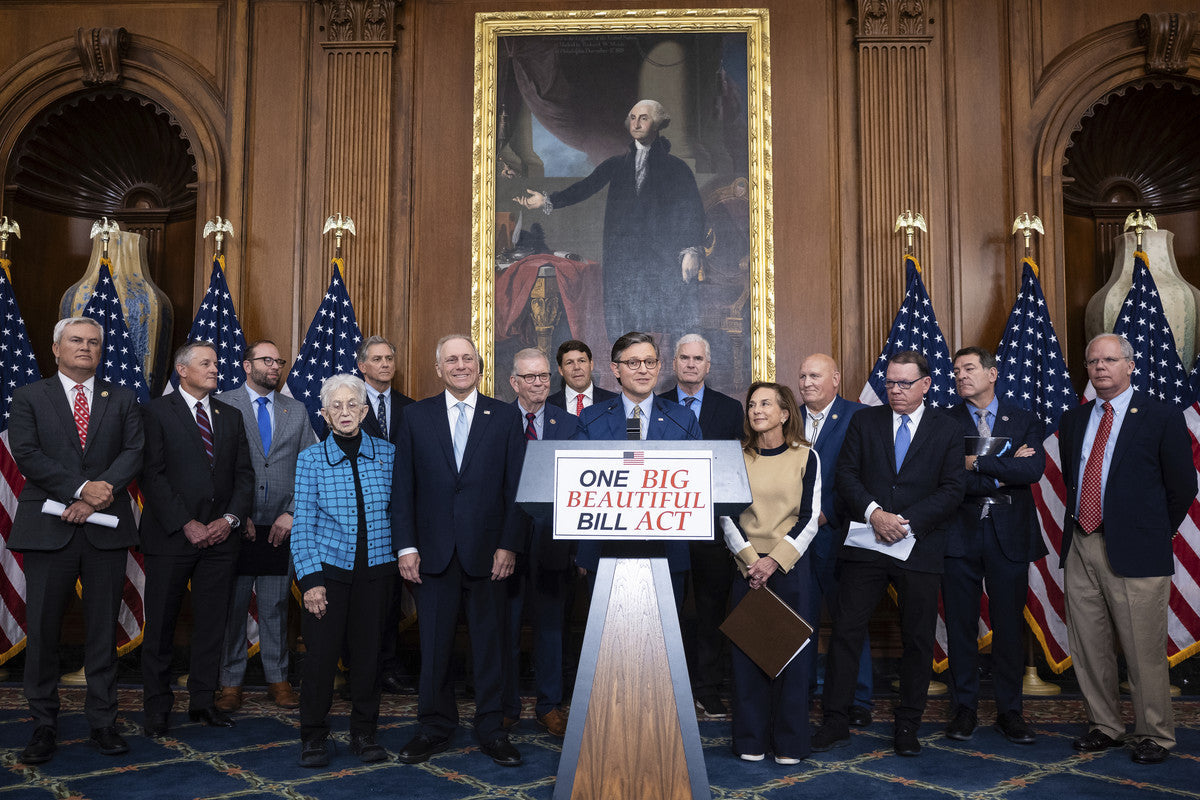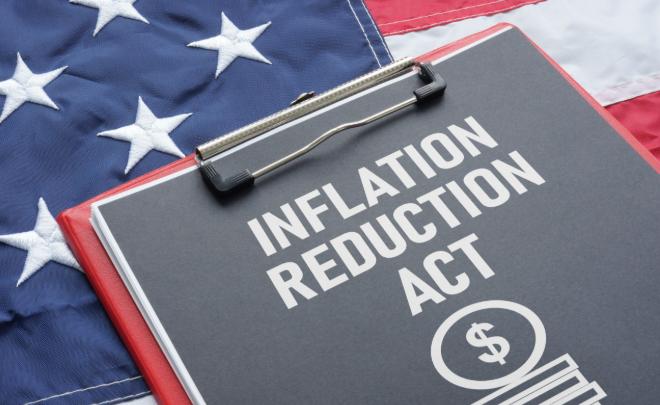Blog
- All
- Autonomous Vehicles
- Basic Introduction
- Battery Tech
- Buying Guide
- BYD
- Cadillac
- Charging
- China
- Elon Musk
- Ford
- HOA
- Hyundai
- ICCU
- Industry Outlook
- Kia
- Mazda
- Model Comparisons
- Monthly EV Lease Deals
- Monthly EV Recommendation
- NEMA Plug
- Policies & Incentives
- Range
- Renault
- Repair & Maintenance
- RIVIAN
- Road Trip
- Sales
- Solar
- Tesla
- User Guide
- Volkswagen
- Volvo
- Xiaomi
How U.S. Tariffs Have Reshaped Hyundai and Kia’s EV Plans
Tariffs and the end of the EV tax credit are forcing Hyundai and Kia to delay key electric models, including the EV4 and an electric pickup. With rising costs, shifting demand, and new safety debates, the U.S. auto market faces major uncertainty.
Japan Carmakers Hit Hard by U.S. Tariffs
Japanese automakers have lost nearly $10 billion to U.S. tariffs as Subaru pivots from EVs to hybrids. With rising trade barriers and China’s export turmoil, global carmakers face a major industry reset.
Will Trump’s EV Rollback Set the U.S. Back in Clean Tech?
Since taking office in 2025, President Trump’s rollback of EV subsidies has raised concerns about America falling behind China and Europe in the global clean tech race. This article explores how weakened incentives and shifting investments could impact U.S. competitiveness in EV adoption and infrastructure, including key areas like portable chargers and Level 2 home charging.
State EV Rebates and Charging Incentives After Federal Credit Cuts
With the rollback of the $7,500 federal EV tax credit under the Trump administration, states across the U.S. are stepping up to keep electric vehicle adoption on track. This article explores how local governments are responding—offering rebates, Level 2 charger incentives, and other support to EV buyers. We also examine what these changes mean for EV affordability, portable charger demand, and future market trends. Whether you're considering buying or leasing, understanding the evolving incentive landscape is key in 2025.
Understanding the New EV Loan Interest Deduction
The newly passed U.S. legislation eliminates the $7,500 federal EV tax credit starting October 1, 2025, but introduces a partial offset: a tax deduction of up to $10,000 per year on interest paid for auto loans used to purchase qualifying U.S.-assembled EVs. This blog breaks down how the new deduction works, who qualifies, which vehicles are eligible, and what it means for the EV leasing market. We also highlight how accessories like EVDANCE portable chargers with NEMA compatibility can further enhance EV ownership.
The Impact of Trump’s Big Beautiful Bill on the EV Leasing Market
Incentivizing Daytime EV Charging in the U.S.: A Key Strategy for Grid Stability and EV Adoption
The Highway Trust Fund Is Running Dry — and It's a Call for Urgent Reform
The U.S. Highway Trust Fund (HTF) faces insolvency by 2028, threatening $40 billion in annual shortfalls. The gas tax hasn’t been raised since 1993, while EVs and fuel efficiency reduce fuel purchases, shrinking revenue. Without action, key infrastructure projects will stall, harming the economy and daily commutes. Experts recommend raising user fees, implementing vehicle mileage taxes (VMT), and reforming EV contributions to modernize the funding model.







